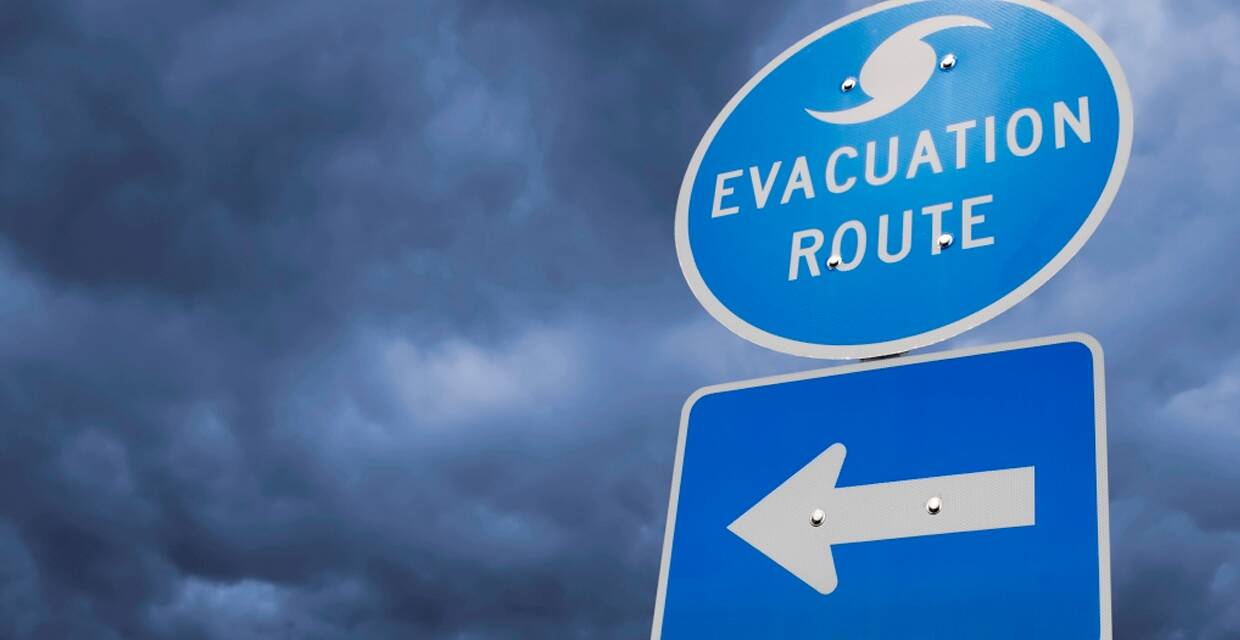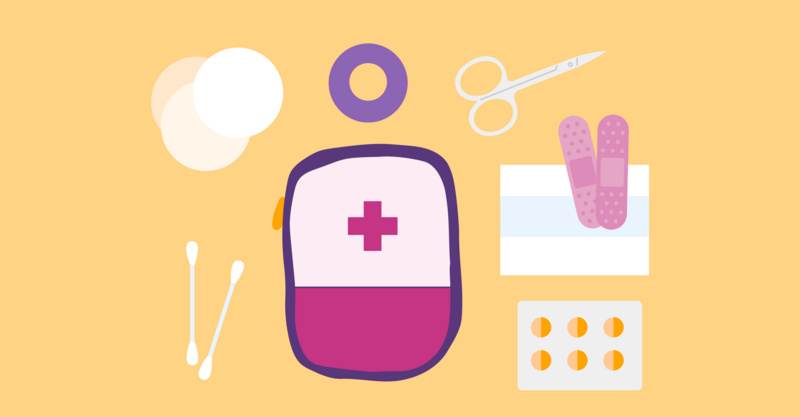Key Points
- The article emphasizes the importance of being prepared for hurricanes, especially if you live in an area prone to such storms. It provides a comprehensive list of supplies to keep on hand, including nonperishable food, first aid supplies, emergency tools, and comfort items.
- Nonperishable food items should include bottled water, canned goods, dry cereal, energy snacks, and baby food if necessary. These items are essential to prevent hunger and dehydration during a storm.
- A well-stocked first aid kit is crucial for handling potential injuries during a hurricane. The kit should include items like sanitary wipes, antiseptic ointments, bandages, and necessary medications.
- Emergency supplies such as a battery-operated radio, flashlights, batteries, and basic tools like a hammer and screwdriver should also be kept on hand.
- The article also suggests preparing for extended stays in a safe area by packing comfort items like sleeping bags, games for children, personal hygiene items, and pet supplies.
Hurricanes are scary to experience, especially if you're not prepared. If you live in an area prone to these storms, what emergency supplies should you keep on hand?
Nonperishable Food
The International Hurricane Protection Association says, "A hurricane is a type of tropical storm with strong winds circulating around an extreme low-pressure area. When the wind speed reaches 74 miles per hour, the storm is officially classified as a hurricane." This is just one reason why it's so important to gather together a recommended supply of nonperishable foods and keep them in a safe place. Ideas include:
- Bottled Water – At least two gallons per person and one extra bottle
- Frozen loaf of sandwich bread
- Two to three boxes of quick energy snacks, such as raisins or granola bars
- Three cans of ready-to-eat soup
- One large box of crackers
- Dry cereal
- Three to four cans of fruit
- Four cans of vegetables
- Jelly and peanut butter
- Baby food if you have an infant or toddler
- Large can of juice
- Power drink mixes to blend with extra water
It's important to have enough food and liquids on hand to prevent excessive hunger and dehydration. Dehydration can be serious and may require a trip to the urgent care center once the storm is over.
First Aid Supplies
Even in storm shelters, injuries can happen so it's essential to have a well-stocked first aid kit. The U.S. Navy Medicine website recommends the following for your first aid kit:
- Sanitary wipes
- Antiseptic ointments and creams
- Tweezers
- Bandages of assorted sizes
- Gauze and cotton balls
- Peroxide and rubbing alcohol
- First aid pamphlet or book
- Scissors
- Thermometer
- At least two days of prescribed and over-the counter medications for the entire family
- Children's medications like fever reducers and allergy/cold/flu medicines
- Portable camp stove or grill for cooking
Urgent care is essential if you are in a storm shelter, basement, or other safe area and the above first aid items will fit your needs effectively.
Emergency Supplies
Along with nonperishable food and first aid supplies, you'll also need some emergency supplies. These include:
- Radio (battery operated)
- Flashlights
- Batteries for flashlights and radio
- Screwdriver
- Pliers
- Hammer
- Safety gloves
- Utility knife
- Goggles and safety masks
- Fire extinguisher
- Matches
Be-Ready-for-Anything Supplies
Hurricanes may mean staying in your safe area for some time until emergency workers can reach you—or until the storm is over. Some supplies to help you get through the storm include:
- Sleeping bags and blankets
- Games and toys for kids
- Diapers for babies and toddlers and a change of clothes for others
- Dental care items like toothbrushes and toothpaste
- Spare eyeglasses or contact lenses
- Food and water if you have pets
- Liquid soap
- Facial tissues
- Paper towels
- Toilet tissue
- Cups, plastic eating utensils and paper plates
Injured during a storm? Florida urgent care, Texas urgent care or urgent care near me.
All of these things can be pre-packed and ready to go in a snap if a hurricane hits your area. Hurricane seasons generally last from June of each year to November of each year so it's important to gather together the emergency supplies you'll need in advance and practice a test-run to get the family to a safe shelter.
Frequently asked questions
What is a hurricane?
A hurricane is a type of tropical storm with strong winds circulating around an extreme low-pressure area. When the wind speed reaches 74 miles per hour, the storm is officially classified as a hurricane.What kind of food should I have on hand in case of a hurricane?
It's recommended to have a supply of nonperishable foods such as bottled water, canned goods, dry cereal, and quick energy snacks. If you have an infant or toddler, you should also have baby food on hand.What should be included in a first aid kit for a hurricane?
A well-stocked first aid kit should include items like sanitary wipes, antiseptic ointments and creams, bandages of assorted sizes, tweezers, gauze and cotton balls, scissors, a thermometer, and at least two days of prescribed and over-the counter medications for the entire family.What emergency supplies are necessary during a hurricane?
Along with nonperishable food and first aid supplies, you'll also need some emergency supplies such as a battery-operated radio, flashlights, batteries for flashlights and radio, a screwdriver, pliers, a hammer, safety gloves, a utility knife, goggles and safety masks, a fire extinguisher, and matches.What supplies should I have on hand for extended stays in a safe area during a hurricane?
For extended stays in a safe area during a hurricane, you should have sleeping bags and blankets, games and toys for kids, diapers for babies and toddlers and a change of clothes for others, dental care items like toothbrushes and toothpaste, spare eyeglasses or contact lenses, food and water for pets, liquid soap, facial tissues, paper towels, toilet tissue, and disposable eating utensils and plates.When does hurricane season typically occur?
Hurricane seasons generally last from June of each year to November of each year.What should I do if I get injured during a storm?
If you get injured during a storm, seek urgent care as soon as it is safe to do so.Should I prepare my hurricane supplies in advance?
Yes, it's important to gather together the emergency supplies you'll need in advance and practice a test-run to get the family to a safe shelter.


 LinkedIn
LinkedIn








![Accident Prone: Common Holiday Accidents [INFOGRAPHIC]](https://d1kve3ll6vvkpr.cloudfront.net/dir/media/W1siZiIsIjIwMTMvMTAvMjYvMTBfNTJfMTRfMjQ1X2hvbGlkYXlfYWNjaWRlbnRzLnBuZyJdLFsicCIsInRodW1iIiwiODAweDQxNyMiXSxbInAiLCJlbmNvZGUiLCJqcGciLCItcXVhbGl0eSA5NSJdXQ/file.jpg?basename=Accident+Prone%3A+Common+Holiday+Accidents+%5BINFOGRAPHIC%5D&sha=a894e96fd9ab9540)
